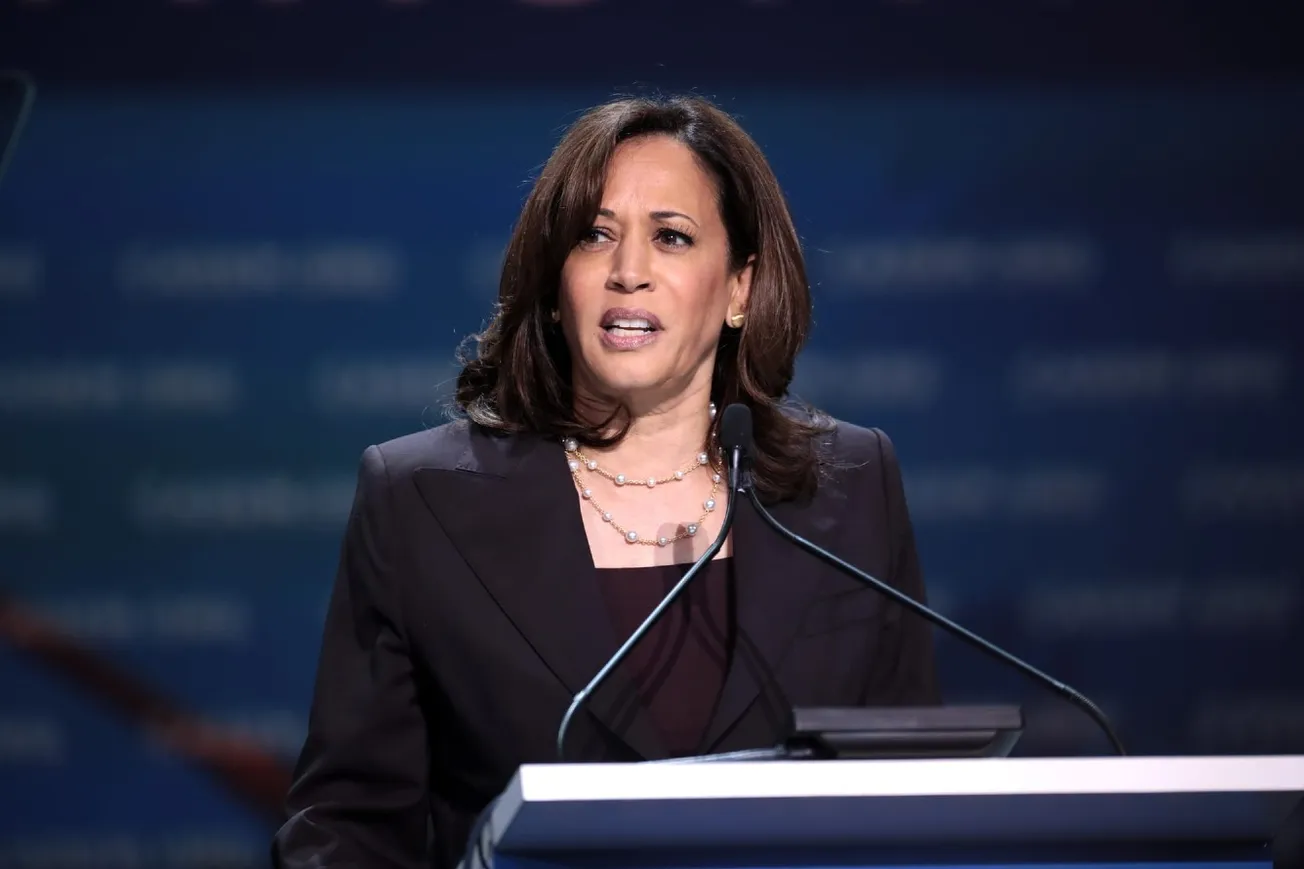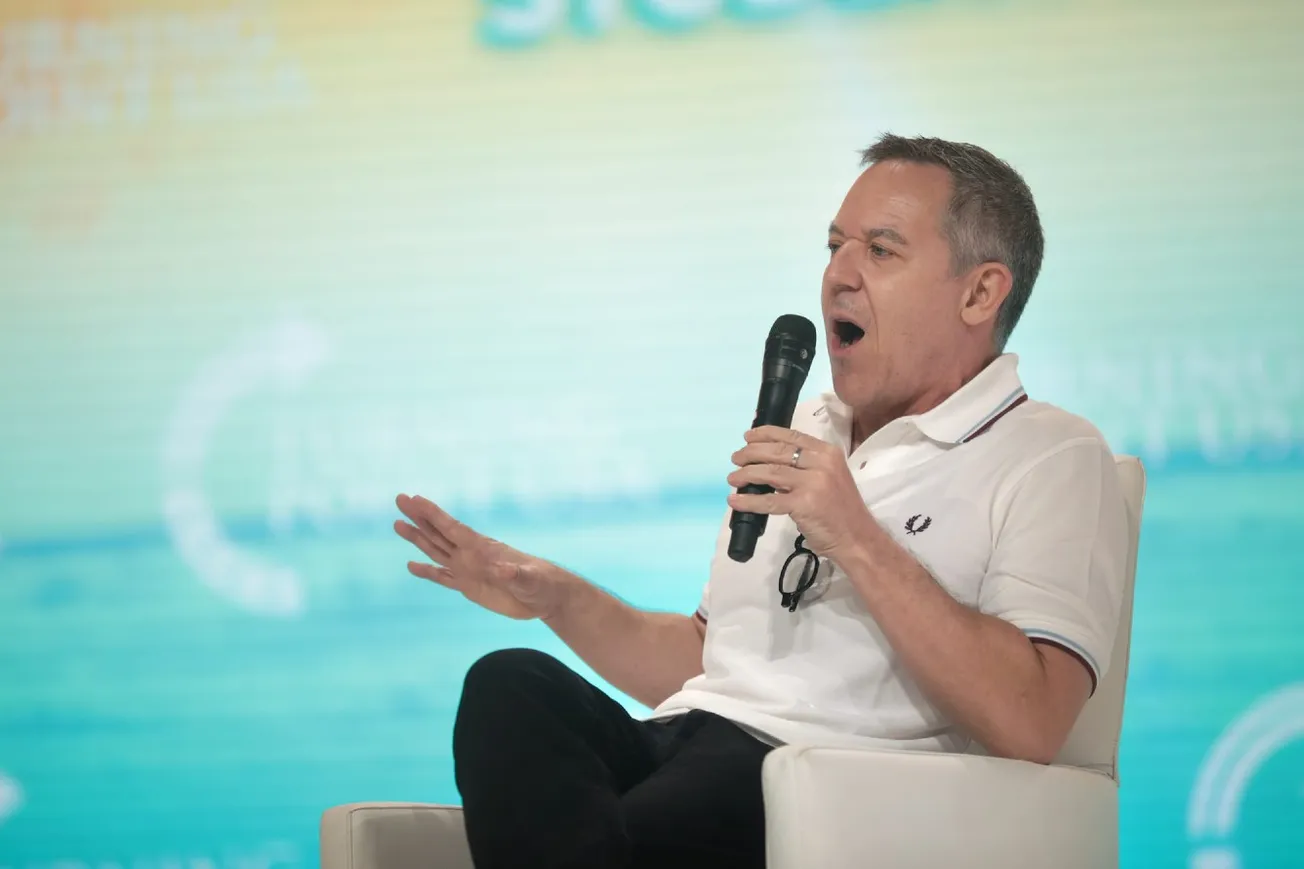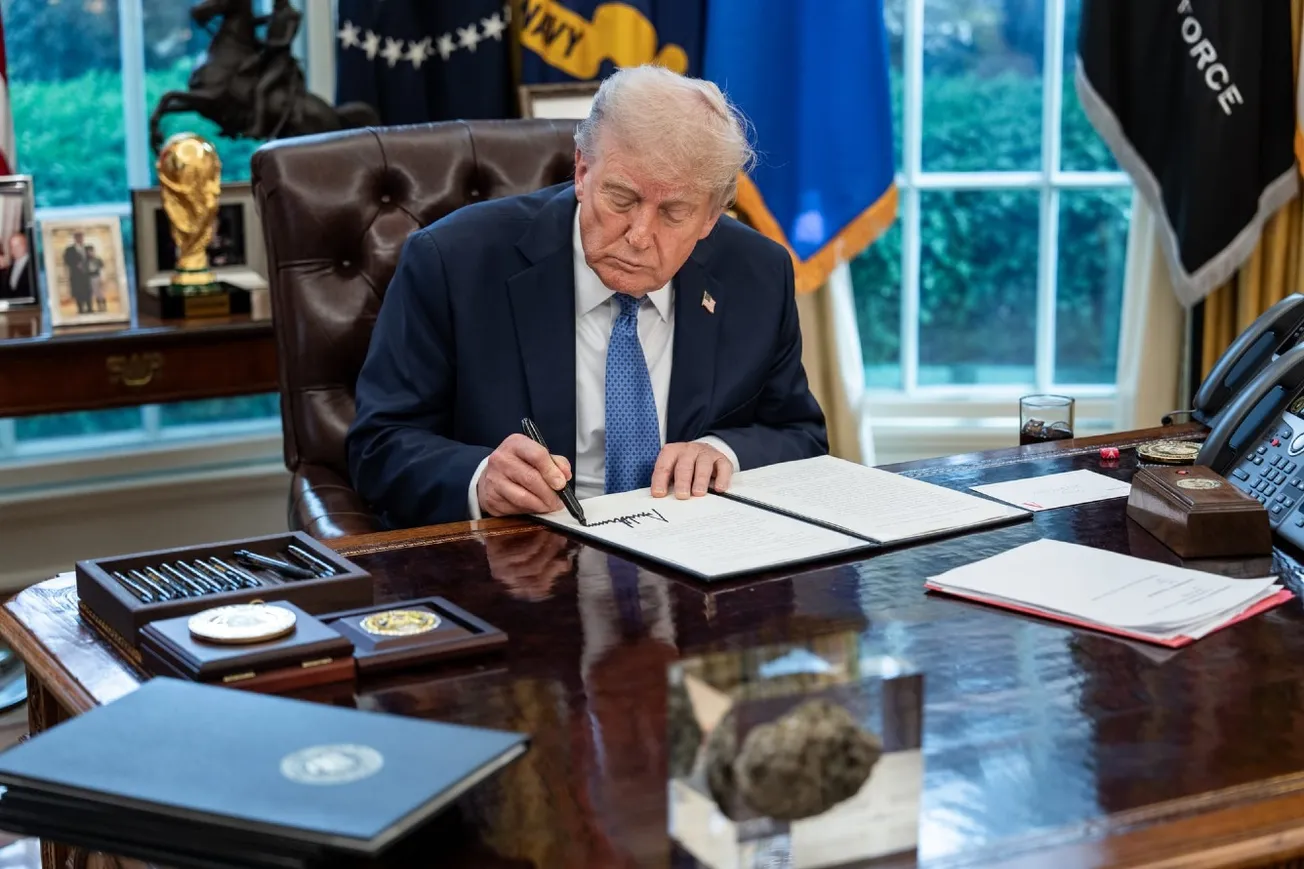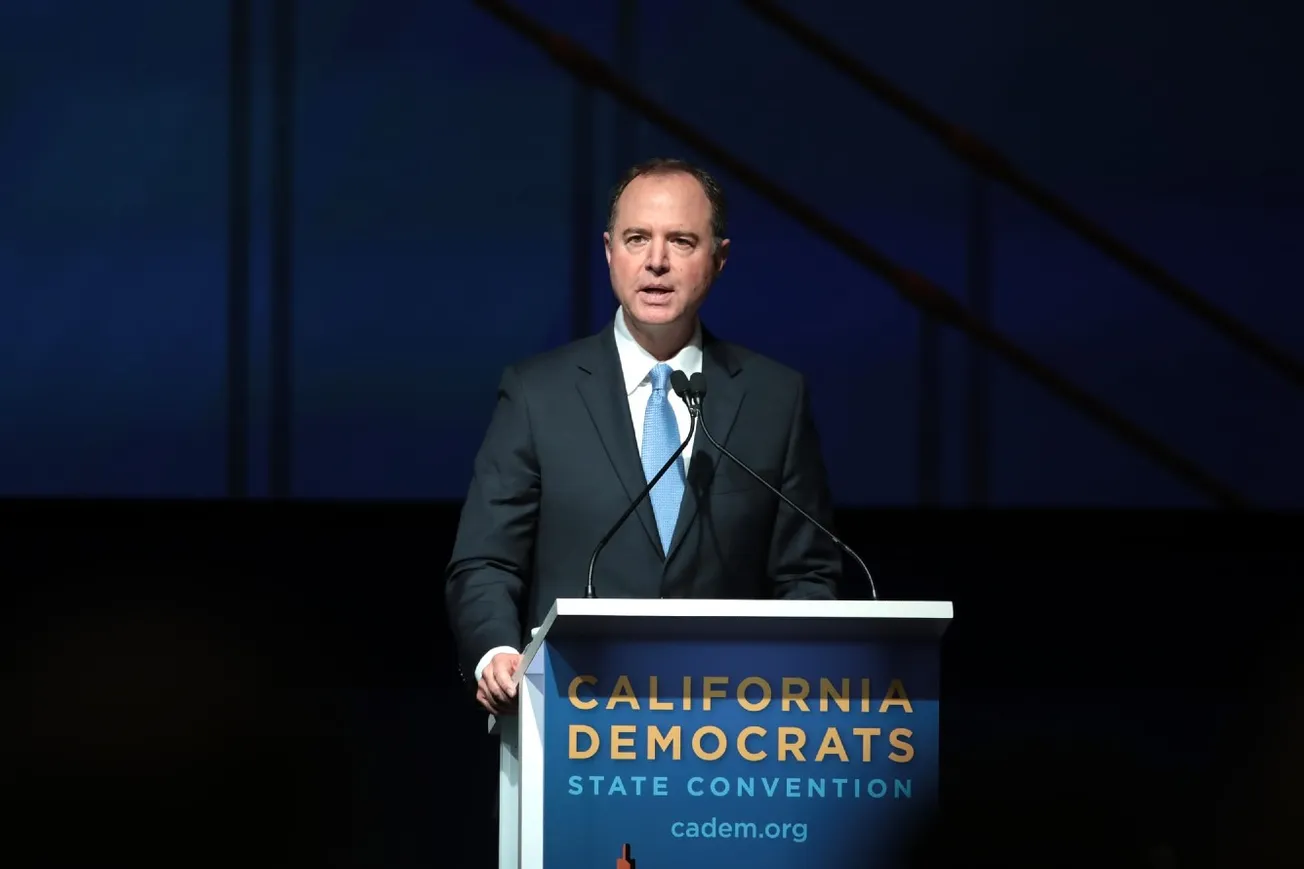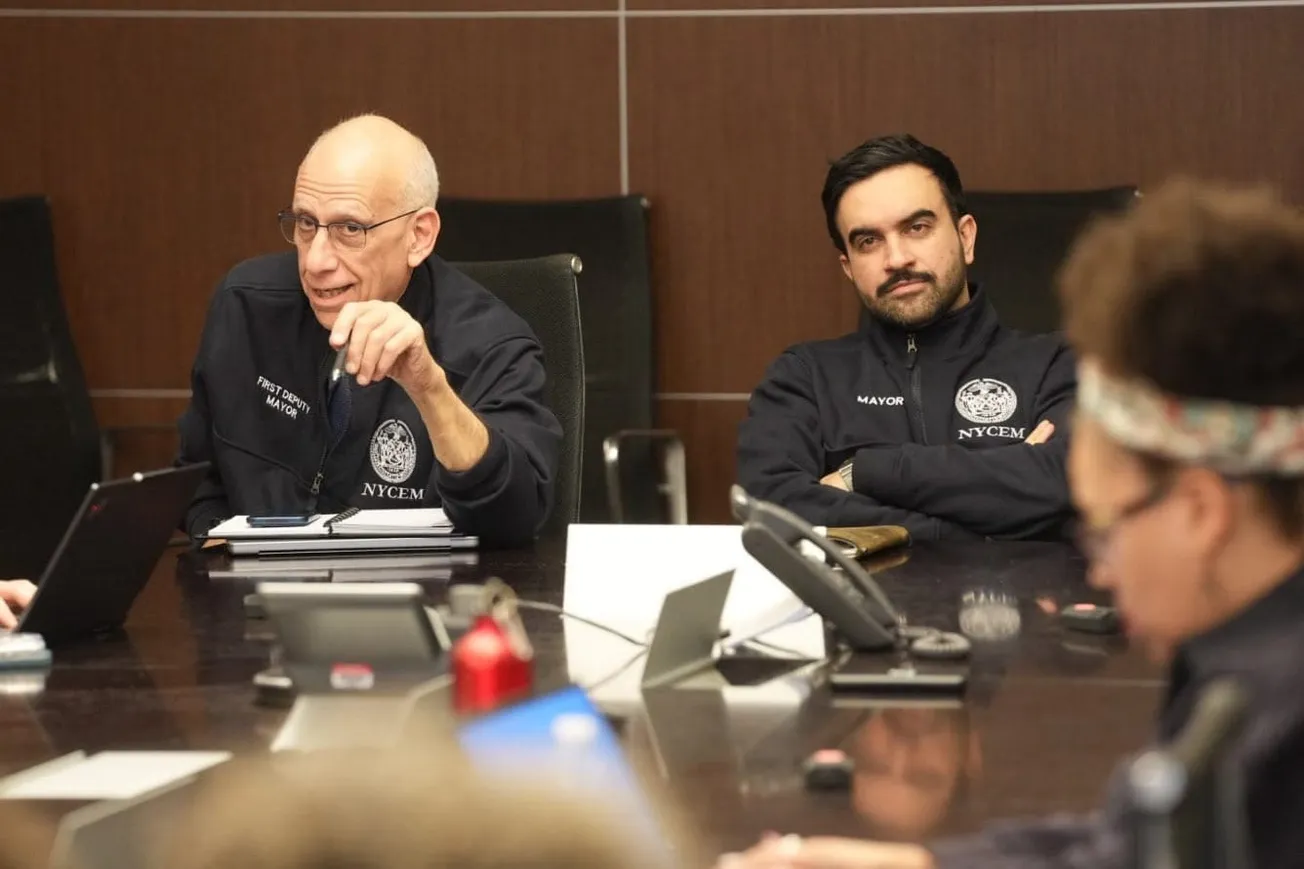By J.D. Foster via Daily Caller News Foundation | November 03, 2024
More than half of Americans polled believe the American economy is in recession, which partly explains why former President Donald Trump’s closing line that “Harris broke it. Trump will fix it,” works so well.
Whether it’s jobs for Americans, the southern border invasion, or men competing against women as transgender athletes, Biden-Harris definitely broke it. And Trump is definitely aiming to fix it.
A widely reported Harris poll in May revealed that 56% of Americans believed the country to be in an economic recession, a result closely repeated in July by a poll released by Affirm. Yet according to the Bureau of Labor Statistics’ (BLS) latest jobs report, the establishment survey shows 2.2 million jobs gained over the past year. What gives? Big job gains in a recession?
For starters, the earlier Biden-Harris inflation surge hammered workers and retirees. When Trump left office, CPI inflation ran at 1.4%. Biden-Harris pushed that rate up to nearly 9% year-over-year. In toto prices today are up nearly 20%.
Wage increases couldn’t keep up with the Biden-Harris inflation. Working families expect their earnings to rise even after adjusting for inflation. Instead, real median weekly earnings are down since Biden-Harris took office — another thing they broke. That’s what recession feels like — not just stagnation but retreat.
The jobs numbers provide the rest of the story. From the perspective of businesses and the stock market the economy is doing just fine as the establishment survey suggests and the recent Gross Domestic Product figures confirm. (RELATED: EXCLUSIVE: GOP Lawmakers Demand Answers From Biden-Harris Admin On ‘Botched’ Rollout Of Huge Jobs Revision)
From the perspective of American families, the data tell a different story. BLS also surveys households. According to the household survey, employment is up a measly 216,000 from a year ago. That’s about 18,000 jobs a month, about a tenth the monthly rate of the establishment survey. One survey shows strong job growth, the other shows very weak job growth. The divergence between them is explained by looking at who reports and who gets the jobs, and here the story gets worse for American workers.
The household survey distinguishes between native- and foreign-born workers. Employment among native-born workers, broadly speaking American workers, is down 773,000 from a year ago. That’s not a recession, that’s a depression.
Who closes the gap between the reported paltry top-line gains of the household survey and the massive drop in jobs held by American workers? Foreign-born workers. More specifically, 1 million mostly illegal immigrants who crossed into America under the Biden-Harris open borders policy. Most of them came to America to work and they are. (ALFREDO ORTIZ: Worst Jobs Report Since Pandemic Shatters Kamala’s Rosy Spin On Biden-Harris Economy)
This also explains the divergence between the employment and household surveys. Employers increased employment over the past year as shown, but the employment survey doesn’t distinguish between native- and foreign-born workers. So combining the 2.2 million job gains in the establishment survey with the drop of 773,000 job-holding American workers, the data suggest nearly 3 million Biden-Harris illegals working in American jobs in place of American workers.
Why is this figure so much bigger than the number of foreign-born workers reported in the household survey? If you were working in the United States illegally, would you be keen to answer a government survey?
By the way, could somebody please explain why any unions who are supposed to be the defenders of the working class would endorse Kamala Harris just so more illegals can take American jobs? Kudos to the Teamsters, the Firefighters, and the Border Patrol union for putting their members’ interest above those of the Democratic Party bosses.
The views and opinions expressed in this commentary are those of the author and do not reflect the official position of the Daily Caller News Foundation.
J.D. Foster is the former chief economist at the Office of Management and Budget and former chief economist and senior vice president at the U.S. Chamber of Commerce.
Original article link


